Anorexia nervosa
EDITOR: OLUSEYI ELIZABETH ODUDIMU
Anorexia nervosa is a serious and potentially life-threatening eating disorder that affects millions of people worldwide. It is characterized by a persistent restriction of food intake, leading to significant weight loss and a distorted body image. Anorexia nervosa can have serious physical, emotional, and social consequences if left untreated.
The symptoms of anorexia nervosa can vary from person to person, but typically include a preoccupation with food, calories, and weight, as well as a distorted perception of body shape and size. Individuals with anorexia nervosa may engage in restrictive eating patterns, such as skipping meals, avoiding certain foods, or severely limiting calorie intake. They may also engage in excessive exercise or other compensatory behaviours, such as purging or laxative use.
Anorexia nervosa can have serious physical consequences, including malnutrition, dehydration, electrolyte imbalances, and changes in heart rate and blood pressure. These physical changes can lead to organ damage, bone loss, and other health problems. Anorexia nervosa can also have a negative impact on mental health, leading to depression, anxiety, and other psychological disorders.
The causes of anorexia nervosa are complex and multifactorial. Genetics, environmental factors, and psychological factors can all contribute to the development of this disorder. Social and cultural factors, such as pressure to conform to unrealistic beauty standards, can also play a role.
Treatment for anorexia nervosa typically involves a multidisciplinary approach, including therapy, medication, and nutritional counselling. Therapy can help individuals address underlying emotional issues and develop healthier coping mechanisms. Medication may be prescribed to address co-occurring mental health conditions, such as anxiety or depression. Nutritional counselling can help individuals develop a healthy relationship with food and establish a balanced, sustainable eating pattern.
Recovery from anorexia nervosa is possible, but it can be a challenging and ongoing process. It is important for individuals with anorexia nervosa to seek professional help as soon as possible to minimize the physical and emotional consequences of this disorder. With the right support and resources, however, individuals with anorexia nervosa can achieve full recovery and lead healthy, fulfilling lives.
Reference list
https://www.beateatingdisorders.org.uk/
https://www.nhs.uk/mental-health/conditions/bulimia/symptoms/
https://www.nhs.uk/mental-health/conditions/bulimia/symptoms/
